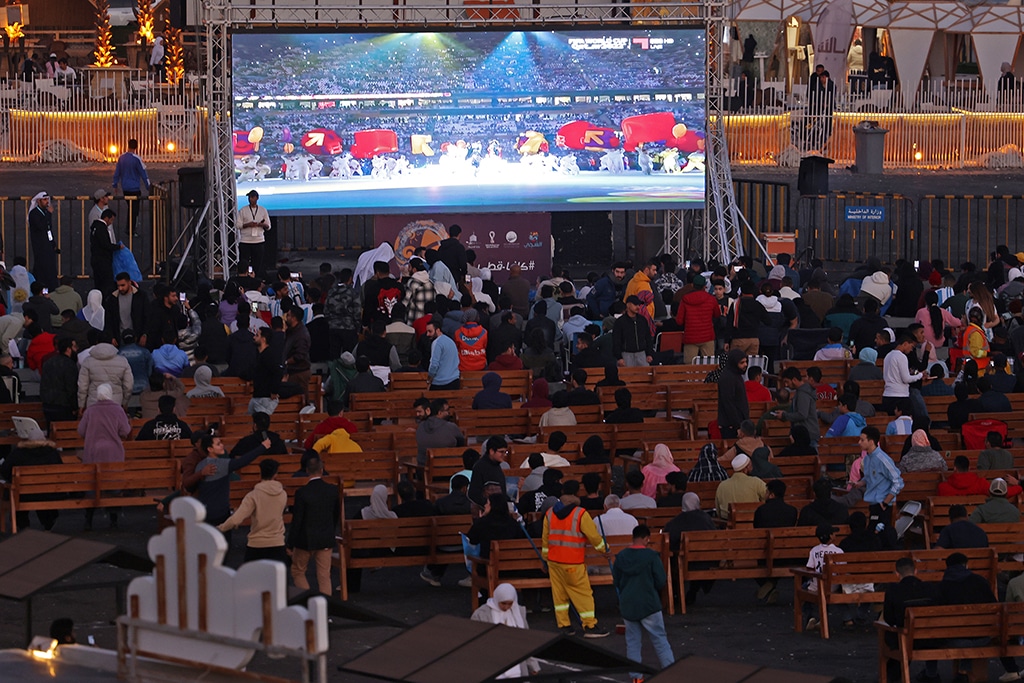By Faten Omar
KUWAIT: The Arabian Gulf Center for Studies and Research (CSRGULF) - the first think tank in Kuwait - revealed the 2022 Qatar World Cup was the main reason for the greatest solidarity among Gulf countries since the invasion of Kuwait. A study confirmed Gulf countries benefited more politically than economically from organizing the World Cup in Qatar.
The study revealed that Qatar's use of symbols of Gulf heritage during the World Cup contributed to strengthening feelings of belonging to the Gulf identity, noting that Qatar and the rest of GCC countries have benefited varyingly, where the World Cup provided a historic opportunity for leaders and people to overcome the sensitivity of a previous Gulf crisis.
According to a survey conducted by the center, there was an unexpected decrease in negative content on social media platforms among Gulf users compared to 2017, the beginning of the Gulf rift, which ended in 2020. Hosting the World Cup in Qatar represented a new turning point in Gulf relations, which witnessed remarkable improvement and harmony and created an unprecedented state of solidarity before and after the World Cup.
 DOHA: Morocco supporters sit in the tribunes during the Qatar 2022 World Cup third place play-off football match between Croatia and Morocco at Khalifa International Stadium in Doha. - AFP
DOHA: Morocco supporters sit in the tribunes during the Qatar 2022 World Cup third place play-off football match between Croatia and Morocco at Khalifa International Stadium in Doha. - AFPAlso, the presence of Palestine flags and Islamic identity united the Arab peoples. This provides a greater activation of cooperation within the Gulf Cooperation Council system that almost disintegrated years ago. Despite the Western media campaign that criticized the organization of the World Cup in an Arab country and despite Western boycott attempts, the attendance statistics were surprising. The massive Arab presence boosted the championship's popularity, as some Western countries bet on a mass boycott from Western countries. On the other hand, the first round of the tournament appeared with a decent, civilized, and distinguished audience, according to FIFA.
The attendance exceeded all expectations with around 2.45 million fans. Meanwhile, violent incidents motivated by hatred, intolerance, or racism were largely absent or very limited, even though some Western countries had bet on this World Cup to fail, and tried to fabricate controversial topics and market them in the media to weaken the activities of the World Cup in Qatar.
On the other hand, posts on social media on different platforms gained high interaction rates, while sharing of clips of violent and hateful incidents such as people refusing to speak with Zionist media was almost absent. However, there were mixed reactions from Western fans to the ban on drinking alcohol and wearing rainbow signs during matches.
According to CSRGULF, the Qatar World Cup achieved a historic step in promoting Gulf culture, where it become among the most discussed topic on global media platforms. It also strengthens the GCC position as a promising destination on the map of tourism in the world by promoting culture differences; in addition, it gave the GCC market a chance as an investment opportunity, especially in Qatar, Saudi Arabia and the United Arab Emirates.











